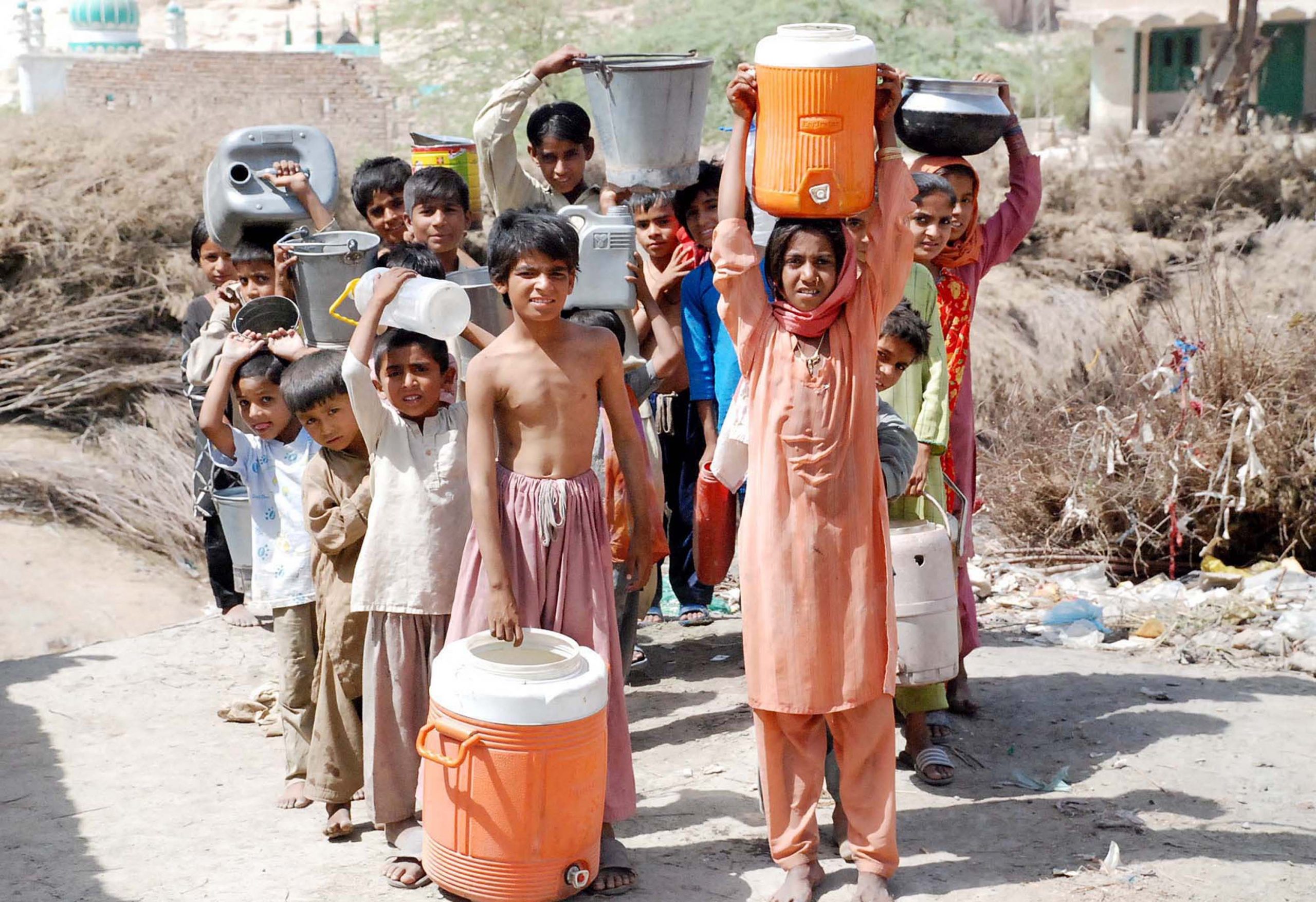Malaysia and
Thailand are not signatories to either the 1951 U.N. Refugee Convention or its 1967 Protocol. But both countries are obligated to uphold the principle of non-refoulement under customary international law.
According to the OHCHR, “non-refoulement guarantees that no one should be returned to a country where they would face torture, cruel, inhuman or degrading treatment or punishment and other irreparable harm.”
However, non-refoulement has not stopped Malaysian and Thai authorities from forcibly deporting Myanmar’s most vulnerable back to their home country, putting them at risk of physical abuse and torture, sometimes resulting in death.
Malaysia hosts
185,000 registered refugees and asylum seekers — including 100,000 Muslim Rohingya and asylum seekers. In the past six months, the country has deported around 2,000 Burmese asylum seekers, according to Human Rights Watch. The
UNHCR recently called on the Malaysian authorities to stop forcibly deporting asylum-seekers from Myanmar.
As of Sept. 30, the UNHCR in Thailand recorded at least
91,000 camp-based Myanmar refugees, most of whom are protracted refugees from Myanmar living along the Thailand-Myanmar border.
Fortify Rights, a nongovernment group focused on Southeast Asia, has documented the forced return of Myanmar refugees to their home country. The Thai authorities have
pushed back boats carrying passengers believed to be Rohingya refugees. They destroyed
a cross-border footbridge used by Myanmar refugees fleeing deadly attacks in eastern Myanmar in March 2022.
Fortify Rights welcomes a new law, the Prevention and Suppression of Torture and Enforced Disappearance Act B.E.2565 (2022), which includes a provision prohibiting the forced return of a person to a country where they may face torture or other forms of ill-treatment. This law is expected to
counter torture and enforced disappearances
In the meantime, Malaysia and Thailand also lack laws to legitimize the status of refugees in their jurisdictions. Malaysian
laws fail to distinguish between refugees, asylum seekers, and undocumented migrants. The same goes for Thai laws, reports
VOA News. The lack of legal frameworks to protect people seeking sanctuary puts them at risk of arrest and forced deportation.

















































































